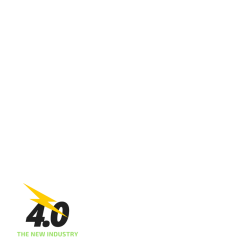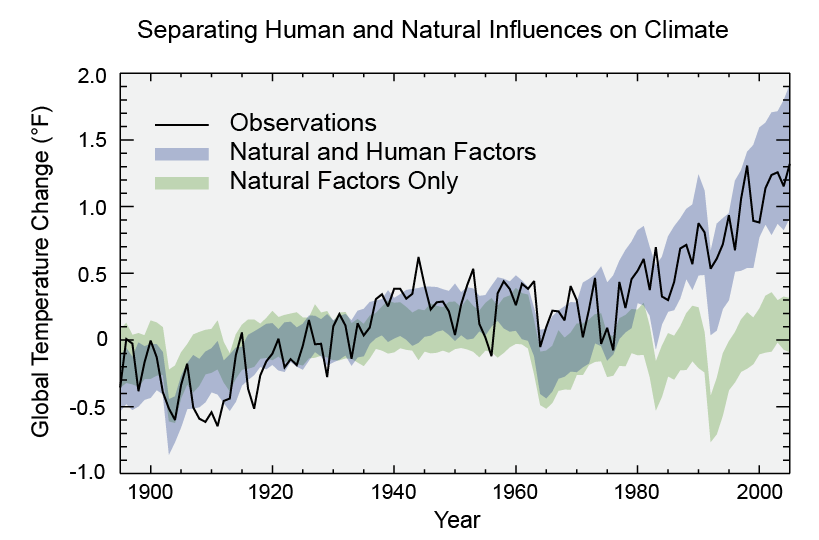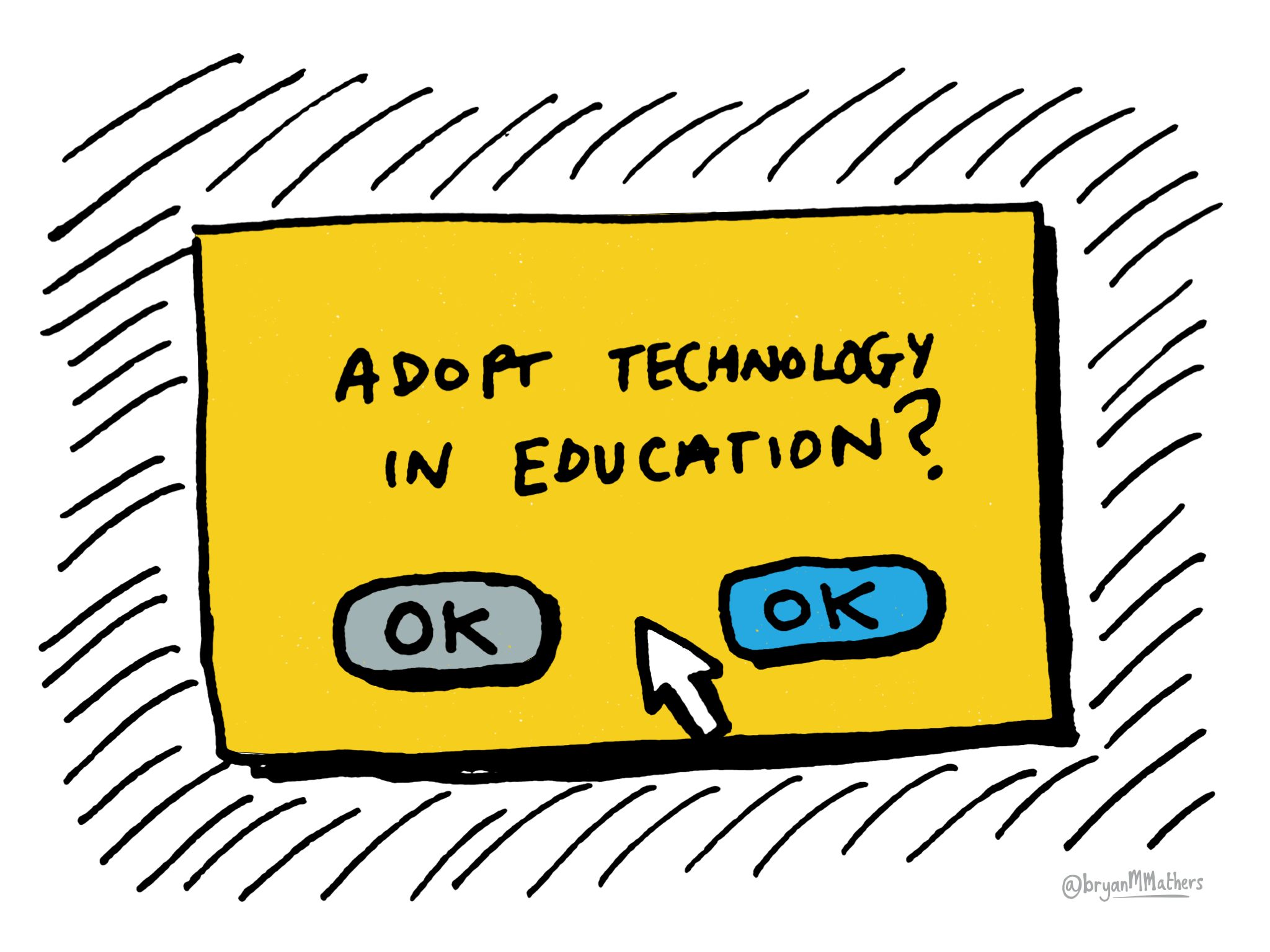“The future is not preordained by machines. It’s created by humans.” These are the words of Erik Brynjolfsson, director at the MIT Initiative on the Digital Economy. Nevertheless, it is undeniable that the continuing automation and digitization of our world and our workplace is a seismic shift.
The truth is that the reality is changing, and the society should accompany with it. The job market is some of the many areas that need to embrace the development in a way to stabilize and contribute a healthy economy.
Tomorrow’s jobs will look dramatically different from those of today. Fundamental changes in technology—the ‘digital revolution’—are breaking down barriers and building new bridges with unprecedented speed. Together with the retirement of the baby boomer generation and the rise of the Millenials generation, we see a workforce with new characteristics. Interconnectivity and globalisation are weaving a new economy that connects the world at great speed, creating new powerhouses and threatening traditional models
However, not all growth is assured in this rapidly evolving environment. Tomorrow’s jobs require new skills and many employers are left with a potential workforce severely lacking in these necessary competencies. The skills shortage may become a major stumbling block for companies, investors and entrepreneurs who face difficulties in finding the right people to help them grow. Traditional educational models and career paths no longer service the new economy and adjustments will be needed in order to bridge the skills gap.
A recent “Future of Jobs” report investigated the top 10 skills categories heavy the current jobs market, and how they’re probably to change by 2020. Some of the skill’s key to our contemporary labour market isn’t even on the list for 2020. What that means is that a shift to lifelong learning is essential.
As the bound of technological change accelerates, we need to be sure that employees are keeping pace with the exact skills to prosper in the Fourth Industrial Revolution. That smears to both technical and soft skills because there will be changes in both areas.
Learning and innovation skills
This set of skills (which include critical thinking and problem solving, communication and collaboration, creativity and innovation) will be one of the main differentiators in the workforce of the future and will be at the core of individuals looking to become life-long learners.
Critical thinking and problem solving: Repetitive tasks will not be serviced by the worker of the future as they are outsourced or eliminated by technology. This will make the ability and capacity to solve difficult and diverse problems vital.
Organizing and analyzing complex data, understanding systems and interactions, and producing novel and innovative solutions are the skills most valuable to modern companies.
Communication and collaboration: New technology, digital tools and an increasingly demanding lifestyle will require a complex portfolio of communication and collaboration skills. Being able to communicate effectively at all levels –verbally, written, visually and digitally — will be of key importance. Multi-cultural and multi-generational teams will also require exceptional communication skills to collaborate effectively. The next decades will also be marked by an explosion of user-generated content. Blending technical know-how with the ability to communicate across disciplines and cultures will be seen as an asset. The world’s problems are becoming progressively too complex for single-discipline solutions. The growing convergence of disciplines, sectors and technology will lead to increasing levels of collaboration amongst transdisciplinary teams. According to Howard Rheingold, an expert on the matter, “transdisciplinary goes beyond bringing together researchers from different disciplines to work in multi-disciplinary teams. It means educating researchers who can speak languages of multiple disciplines – a biologist who understand mathematics, mathematicians who understand biology”. We can expect this trend to move well beyond the research realm. The workforce will need to possess a detailed understanding of a particular subject while still remaining knowledgeable of a broad range of disciplines. As lifespans increase and individuals undergo multiple career shifts wherein they are exposed to different industries and disciplines, transdisciplinary skills will be particularly important.
Creativity and innovation: We expect most of the innovation of the future to take place at the intersection of disciplines, combining different fields and technologies. In this scenario, innovative problem-solving methods, investment in and understanding of new technology, and a hunger for an invention of ground-breaking industries and knowledge will be highly regarded.
Information, media and technology skills
This set of skills has the potential to provide the next generation with an unprecedented power to think, learn, communicate and create.
Technological literacy: Digital competence has ceased to be solely under the jurisdiction of the IT department. The workforce of the future will be required to retain an increased level of digital competence and the ability to constantly adapt to new technological developments
Information and media literacy: The ability to proactively and intelligently engage, access, evaluate, apply and manage information will be essential to the future workforce. Furthermore, the explosion of consumer-created content will require employees to critically assess and develop content using new media platforms to engage and persuade audiences (Davies, 2011).
Data literacy: Employers mainly interpret literacy as the ability to manage, understand and interpret large amounts of data. Most important will be the ability to turn data into relevant and useful insights that can increase productivity and lead to further innovation. Moreover, data literacy is not simply reading and understanding data, but also the ability to assess the quality of the data and veracity of the models built on that data alongside the capacity to react in the absence of data and recognize what that absence is indicating.
So, It is already necessary a redesigned paradigm on which to build an develop, transformed and current base in order to adapt the employees to the employment that have been asked by an emergent tech job market.
References:
- http://www.bollettinoadapt.it/wp-content/uploads/2017/11/the-impact-of-the-fourth-industrial-revolution-on-the-jobs-market.pdf
- https://assets.publishing.service.gov.uk/government/uploads/system/uploads/attachment_data/file/303335/the_future_of_work_key_findings_edit.pdf
- https://www.salesforce.com/blog/2018/02/future-of-jobs-fourth-industrial-revolution.html
- https://www.weforum.org/about/jobs-and-the-fourth-industrial-revolution






